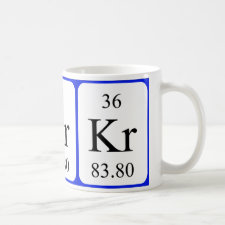
Authors: Song XQ, Zhou T, Li JF, Zhang MY, Xie JM, He LM
Article Title: Determination of Ten Macrolide Drugs in Environmental Water Using Molecularly Imprinted Solid-Phase Extraction Coupled with Liquid Chromatography-Tandem Mass Spectrometry.
Publication date: 2018
Journal: Molecules
Volume: 23
Issue: (5)
Page numbers: ArticleNo1172.
DOI: 10.3390/molecules23051172
Alternative URL: http://www.mdpi.com/1420-3049/23/5/1172
Abstract: With the extensive application of antibiotics in livestock, their contamination of the aquatic environment has received more attention. Molecularly imprinted polymer (MIP), as an eco-friendly and durable solid-phase extraction material, has shown great potential for the separation and enrichment of antibiotics in water. This study aims at developing a practical and economical method based on molecularly imprinted solid phase extraction (MISPE) combined with liquid chromatography-tandem mass spectrometry (LC-MS/MS) for simultaneously detecting ten macrolide drugs in different sources of water samples. The MIP was synthesized by bulk polymerization using tylosin as the template and methacrylic acid as the functional monomer. The MIP exhibited a favorable load-bearing capacity for water (>90 mL), which is more than triple that of non-molecularly imprinted polymers (NIP). The mean recoveries of macrolides at four spiked concentration levels (limit of quantification, 40, 100, and 400 ng/L) were 62.6-100.9%, with intra-day and inter-day relative standard deviations below 12.6%. The limit of detection and limit of quantification were 1.0-15.0 ng/L and 3.0-40.0 ng/L, respectively. Finally, the proposed method was successfully applied to the analysis of real water samples
Template and target information: tylosin, macrolide drugs, tilmicosin, TIL, erythromycin, ERY, kitasamycin, KIT, roxithromycin, ROX, josamycin, JOS, spiramycin, SPM, azithromycin, AZI, clarithromycin, CLA, midecamycin, MED, tulathromycin, TUL
Author keywords: molecularly imprinted polymer, Macrolide drugs, Solid-phase extraction, Liquid chromatography-tandem mass spectrometry, water



Join the Society for Molecular Imprinting

New items RSS feed
Sign-up for e-mail updates:
Choose between receiving an occasional newsletter or more frequent e-mail alerts.
Click here to go to the sign-up page.
Is your name elemental or peptidic? Enter your name and find out by clicking either of the buttons below!
Other products you may like:
 MIPdatabase
MIPdatabase









